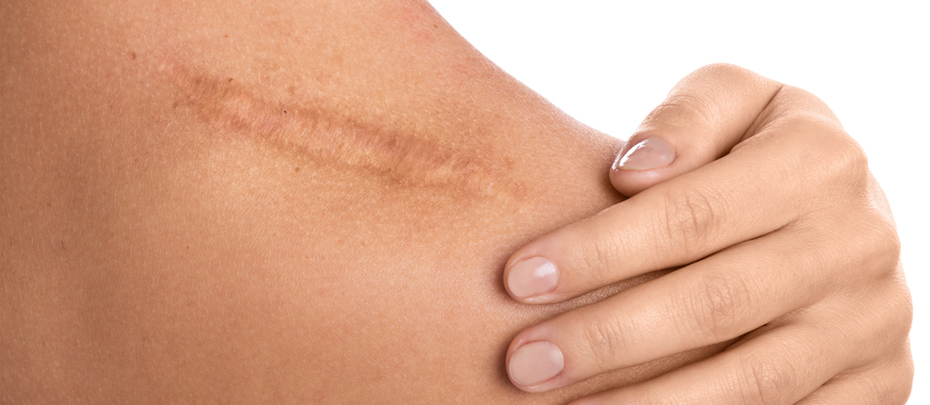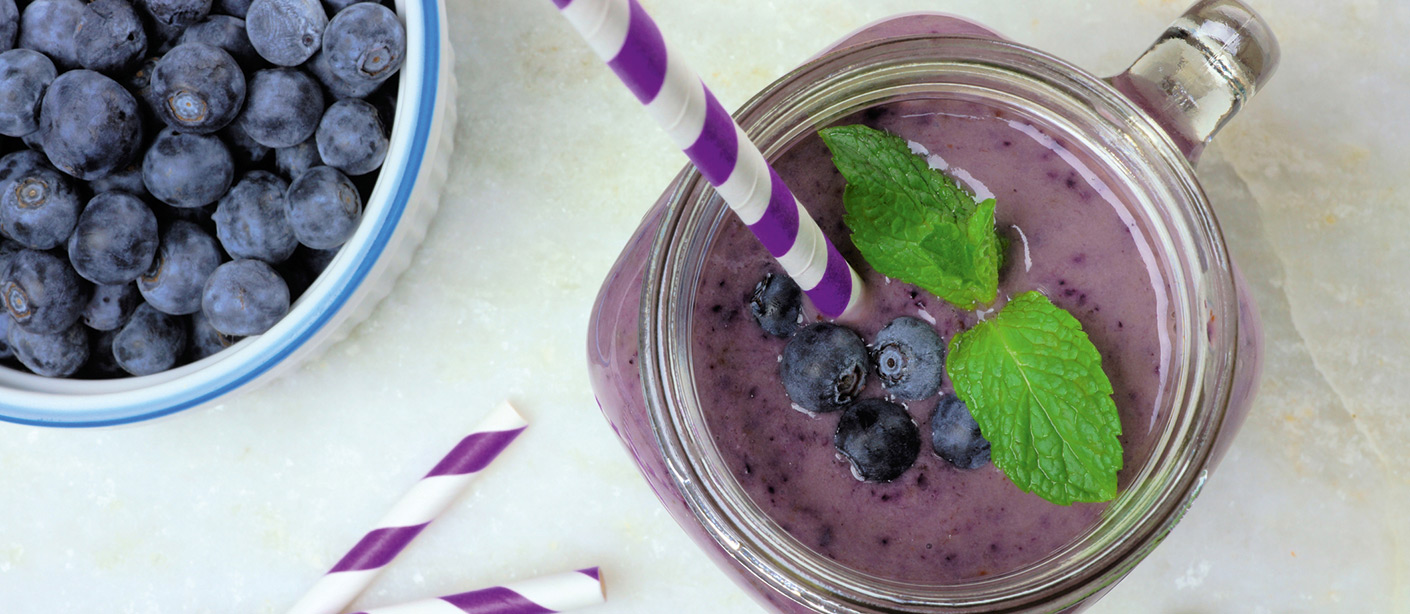Immune System Nutrition Tips Beyond Peak Flu Season
- Description
-
Flu season begins in October in the United States, and significant infection rates can persist as late as May. That's why it's important to support your immune health all year long.
- Reference Page Path
- /content/an/newsroom/us/en/nutrition-care/illness/Immune-System-Nutrition-Tips-Beyond-Peak-Flu-Season.html







Social Share